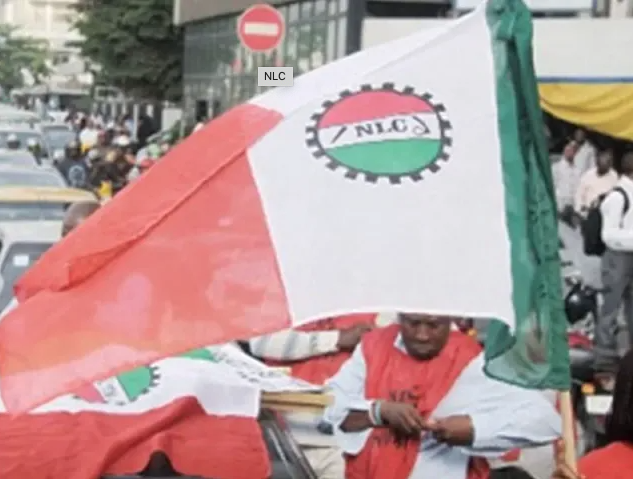- NLC’s Aribatise opposes decentralizing minimum wage negotiations, arguing it would disadvantage workers and allow potential exploitation by some governors
- Aribatise insists the Federal Government should set the minimum wage, ensuring standardized protection for workers across all Nigerian states
The Nigeria Labour Congress (NLC) has opposed recent calls by some politicians to decentralize minimum wage negotiations. Mr. Adebayo Aribatise, NLC Secretary in Oyo State, expressed this view in an interview with the News Agency of Nigeria (NAN) on Sunday in Ibadan. He argued that decentralizing negotiations would disadvantage workers in some states.
Recently, some politicians, including Dr. Kayode Fayemi, have advocated decentralizing wage negotiations. Fayemi, a former Governor of Ekiti, emphasized the need for states to conduct wage negotiations with their labour unions independently from the Federal Government. He noted that the Nigerian Governors’ Forum, which he once chaired, supports this stance, arguing that “fingers are not equal” and states should have the flexibility to negotiate wages.
Fayemi pointed out that only a small percentage of the population directly benefits from central minimum wage negotiations. However, Aribatise strongly opposed decentralizing these negotiations, calling it unsuitable for the country.
He highlighted that some states have yet to fully implement the existing N30,000 minimum wage despite efforts by the NLC at both national and state levels. Aribatise warned that allowing states to negotiate minimum wages independently could lead to abuses by some governors.
“The law mandates states to pay the national minimum wage. It is expected that the Federal Government will continue to set this wage. Otherwise, some governors will exploit the situation,” he said. “If we allow decentralization, some governors will undermine the agreement, and junior workers will continue to earn unworthy wages.”
Aribatise’s comments underscore the NLC’s commitment to maintaining a standardized national minimum wage to protect workers’ interests across Nigeria.
